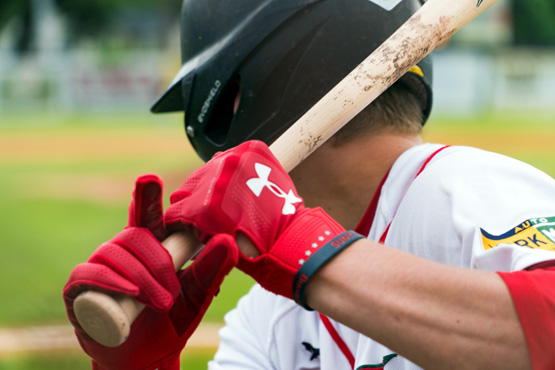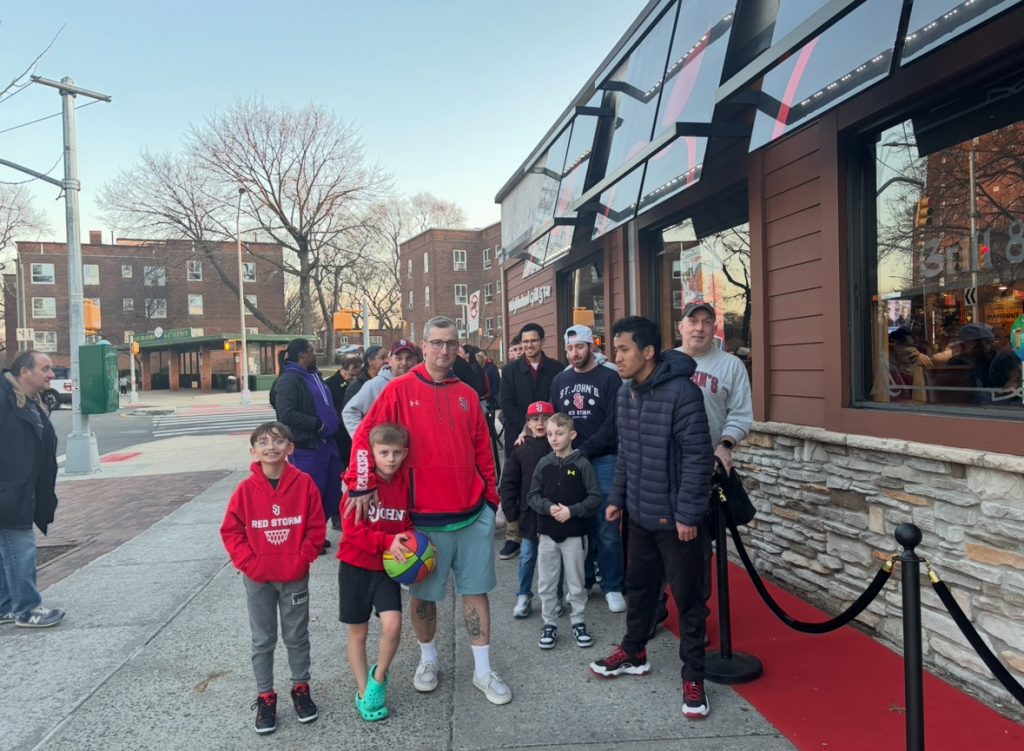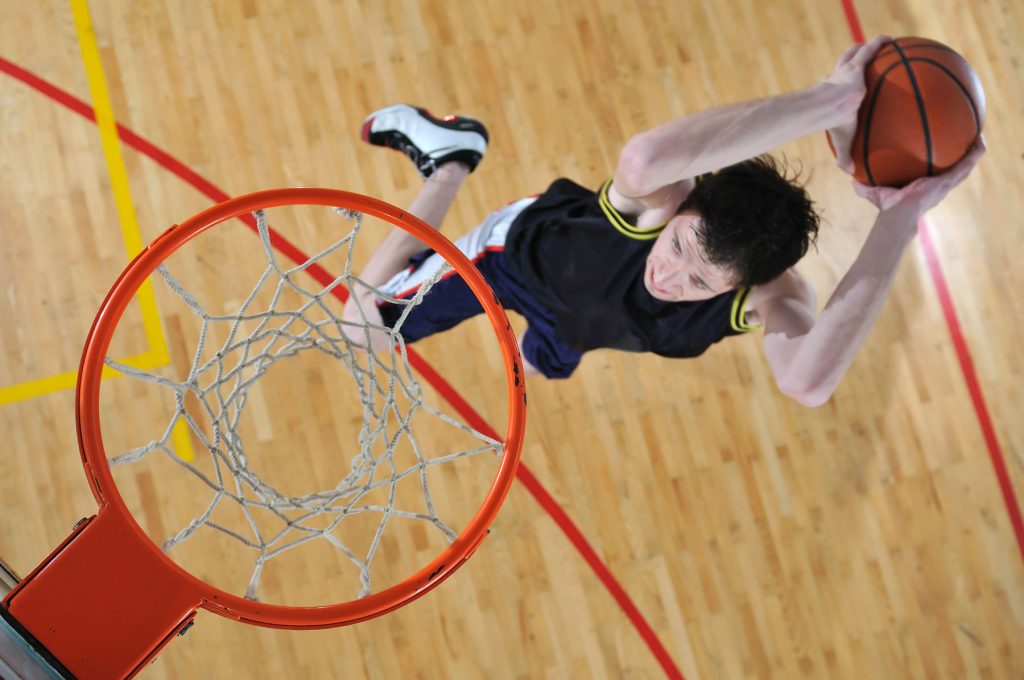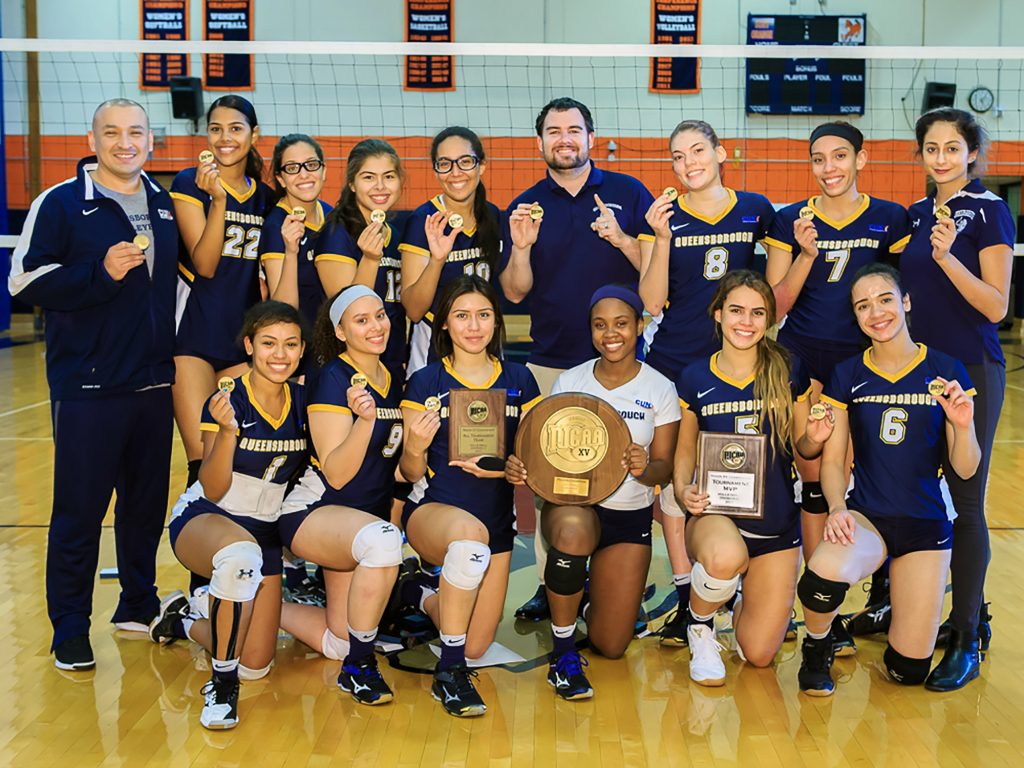By Leanne Costantino
Campus News
The road to landing on a roster at a four-year university often leads student-athletes to begin their careers at a community college. A lot can be done in the community college setting to help student-athletes prepare for playing sports at a higher level.
“The best thing a player can do to get picked up by any team is to be the hardest working player on the field and off the field,” said Ryan Cummings, pitching coach for SUNY Adirondack baseball and former NAIA pitcher for the College of St. Joseph. Focusing on the little but not so little things like being the first to arrive to a practice, putting in extra work and being the last one to leave are some actions I took great pride in. Those actions ultimately led to me getting picked up by CSJ.” Ryan began his collegiate baseball career at SUNY Adirondack, a two-year college located in Queensbury, New York.
Beginning at a community college is a great way for student-athletes to work on their skills while competing against other athletes that are closer in age to them than they would be at a four-year college. Some students aren’t necessarily ready or conditioned enough right out of high school to begin playing against athletes that are, in some cases, four years older. ‘
The community college setting also gives student-athletes a chance to work harder and make an impression on coaches that they might not have made when they were in high school. “The little stuff is remembered more than a game winning hit or a great game performance. Committing to things like getting your workouts in, creating healthy habits, and hanging out around athletes who are committed to the same work ethic and ideas that you share will push you even farther,” said Cummings. The work ethic and drive that student-athletes have in community college will be a big indicator as to how they will perform if they were to play at a higher level, which is exactly what college coaches are scouting for.
“The community college athletes need to stay active playing in the summer after their first year of community college because they are playing at the same time that we are playing during the academic year. This allows us to get out to see them over the summer,” said Chris Cannata, head coach of the softball team at UAlbany, a division I team in the America East conference. Various leagues are looking for college students over the summer, including wooden bat leagues like the Perfect Game Collegiate Baseball League (PGCBL), which is the league that the Glens Falls Dragons play in. During the transition from community college to a four-year university, Ryan Cummings pitched for the Dragons to help him gain experience and play with athletes from all over the country while staying conditioned and focused on the game. Summer leagues are a great opportunity to stay at peak performance because they have a very condensed schedule with games happening multiple times a week.
“Also, athletes should email the coaches on a consistent basis keeping them apprised of their season, stats, and any awards they may receive,” continued Cannata. “And finally, they should do their homework and find out ahead of time how many credits are transferable so that they will not have any eligibility issues when they get to where they are going.” Constant communication with coaches at the universities that athletes wish to attend is crucial to gaining recognition. Coaches are busy with their own seasons and players during the school year, so it helps to stay in the forefront of their minds as their seasons are underway so that they can get an idea of who is out there that can help improve their programs for the next season.
“Another huge factor in gaining a spot on a team is being able to adapt and be versatile,” said Cummings. “These skills will lead to many opportunities not just on the playing field, but in life as well. Being able to be coachable is huge. You never want to make a coach feel that his advice goes in one ear and out the other.” Coaches at major universities will often agree that a coachable athlete is more valuable than an extremely talented athlete that is too proud to accept criticism. At the end of the day, when an athlete attends a university, they are playing for the name on the front of the jersey. It is more of a team effort with less emphasis on personal performance, so it is imperative that students-athletes can be team players.
One last, often overlooked piece of advice for students seeking sports scholarships is to cross-train and remain healthy all year. “There isn’t much emphasis on this as much as there should be, but playing other sports is huge,” continued Cummings. “I feel as if playing hockey while I wasn’t playing baseball in season helped me a great length mentally and physically. A lot of athletes focus on one sport too early on. Change is always good and I found that putting on my skates and taking my mind off of baseball not only helped me mentally relax and refresh, but also helped me build strength in other areas that may not have been affected by just playing baseball.” Strength and conditioning will help to keep the body sharp and in peak performance so that the risk of injury is reduced. Coaches are making an investment in their athletes, and it helps for those athletes to be in the best shape they can be in with as little risk of injury as possible. This will help coaches have confidence in a students longevity with the team.
Above all, an athlete with passion, drive, and dedication will be the most desired candidate amongst any collegiate program. A student-athlete can go far if they apply themselves mentally and physically and enter a new program with an open mind and a willingness to learn.








Facebook Comments